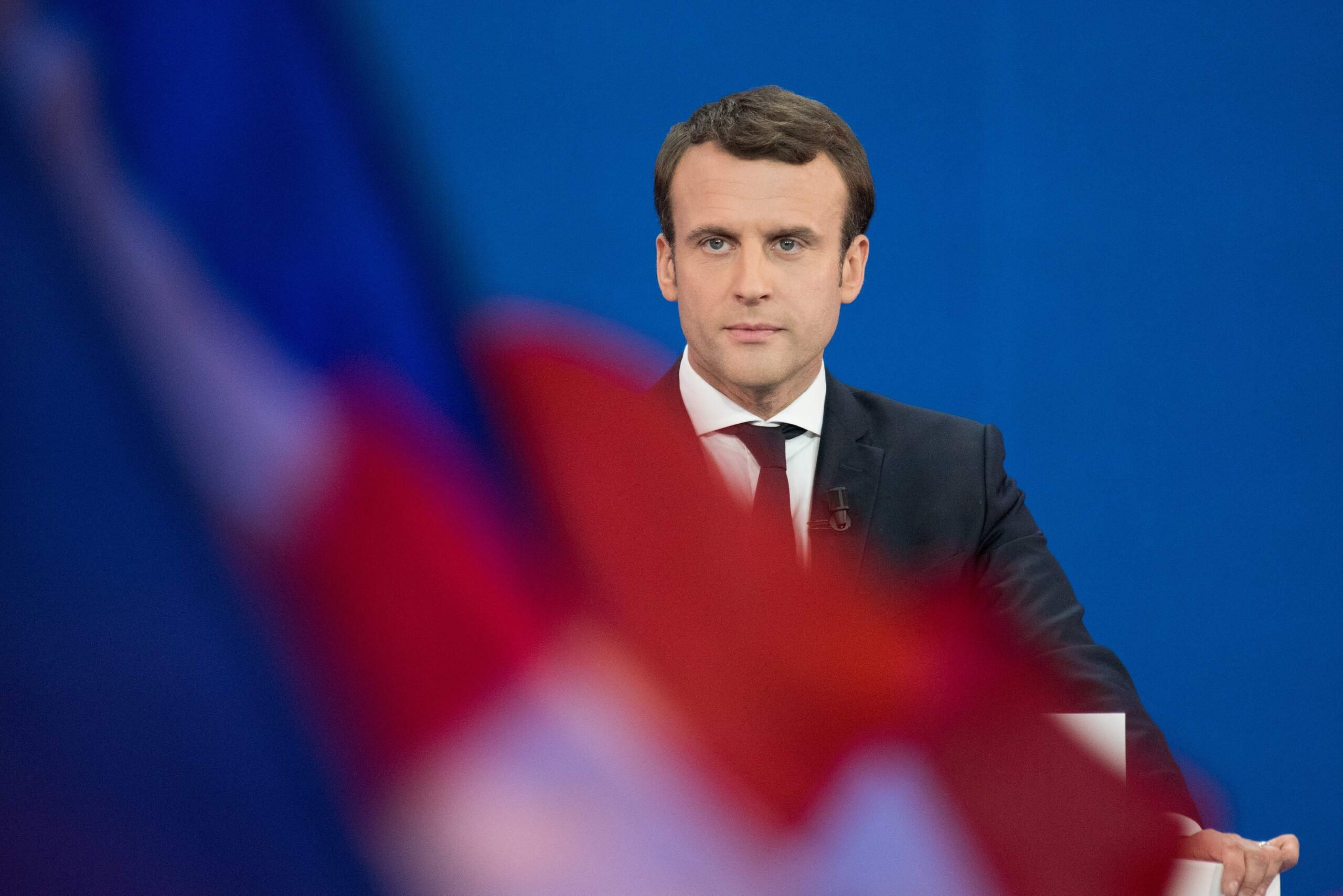
Fancy Bear, the Russian hacking group which targeted Hillary Clinton and the Democratic National Committee during the US presidential election, has turned its focus to French politics.
The cyber espionage group, also known as Pawn Storm, has reportedly been targeting Emmanuel Macron’s campaign with email phishing tricks and attempts to install malware on the campaign site.
A researcher for security firm Trend Micro, Feike Hacquebord, said there were similarities in the Macron attacks and those used on the DNC during the US election last year, which discredited the Democratic candidate Hillary Clinton.
Hacquebord told Reuters:
“We have seen that phishing sites were set up and the fingerprints were really the same actors as in the DNC breach.”
As well, a spokesperson for the French government’s cyber security agency ANSSI confirmed the attacks on the Macron campaign, yet didn’t blame the Russia hacking group.
The ANSSI spokesperson said:
“What we can establish is that it’s the classic operation procedure of Pawn Storm. However, we will not attribute the attack because we can very easily be manipulated and the attacker could pass themselves off as somebody else.”
Macron, who is now going head-to-head against National Front candidate Marine Le Pen in the second round of the presidential election, has said throughout his campaign that Russian hackers were targeted him
The secretary-general of Macron’s En Marche! party, Richard Ferrand, said in February that the party was being targeted by Russia hackers in order to sway the election in favour of Macron’s pro-Moscow rivals, the same way hackers infiltrated the US presidential election campaign in favour of the pro-Russia Donald Trump.
In addition, earlier this year Labour MPs accused the UK government of hiding information that the Kremlin interfered with the Brexit referendum.
The parliament’s cross-party Public Administration and Constitutional Affairs committee (PACAC) later refused to rule out the idea that an international Distributed Denial of Service (DDoS) attack caused the UK’s voter registration website to crash ahead of the vote, which supposedly would have allowed hackers to affect the vote.
However, Karl Greenfield, head of cyber security at Capital Network Solutions, told Verdict:
“There seems to have been no technical data made available in support of the claim that the website could have been the target of “foreign hackers”.”
Russia has denied any involvement with hacking. A Kremlin spokesperson, Dmitry Peskov, told reporters on Monday:
“What (hacking) groups? From where? Why Russia? This slightly reminds me of accusations from Washington, which have been left hanging in mid-air until now and do not do their authors any credit.”







